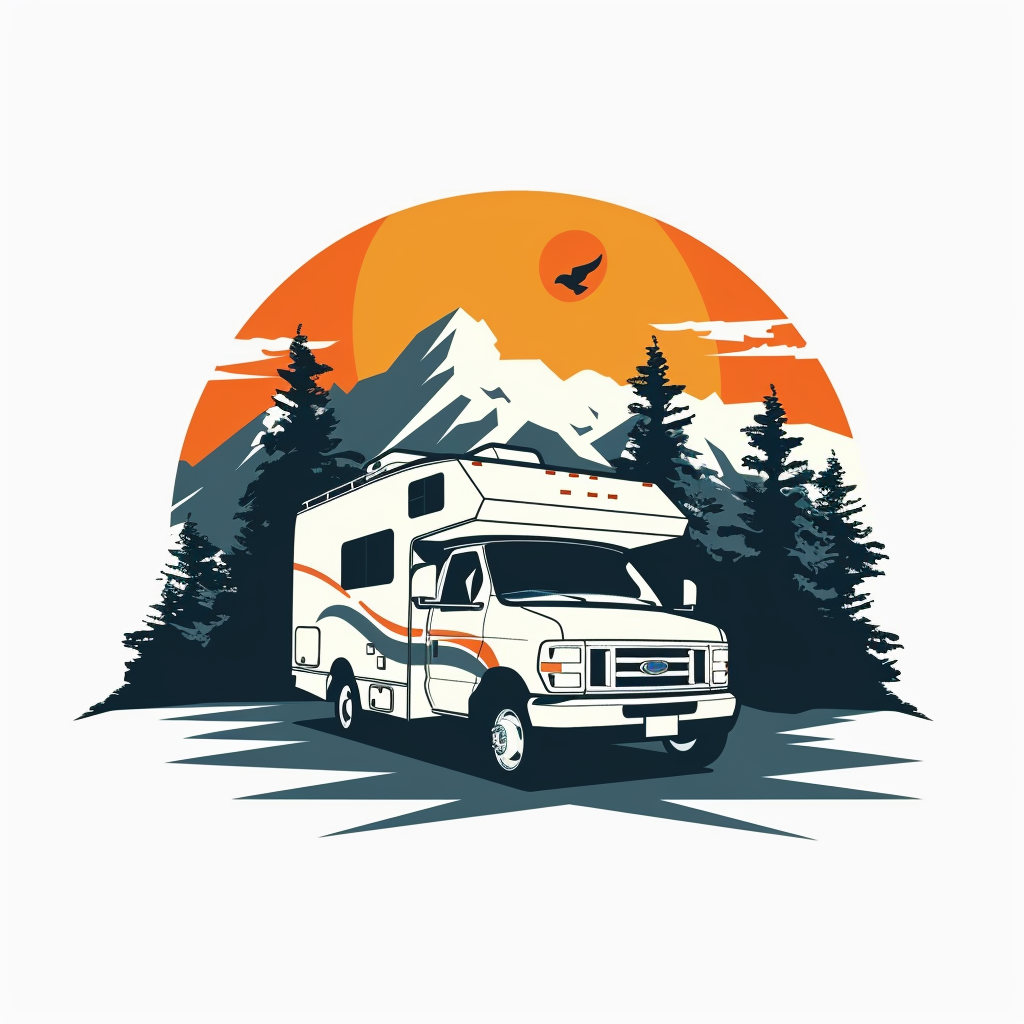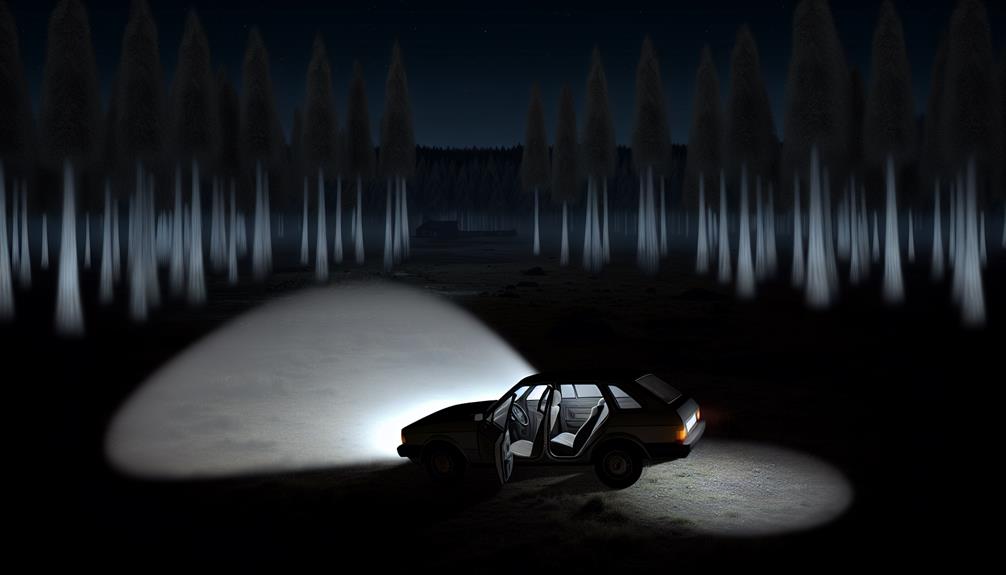In the realm of outdoor recreation, car camping has become increasingly popular for its convenience and accessibility.
However, the question of how safe car camping truly is remains a topic of concern for many enthusiasts.
From personal security to unexpected encounters with wildlife, various factors come into play when evaluating the safety of this activity.
By exploring safety measures, tips for enhancing personal security, and strategies for navigating potential hazards, a comprehensive understanding of the risks and precautions associated with car camping can be gained.
Key Takeaways
- Secure your vehicle, belongings, and campsite to enhance safety during car camping.
- Be prepared with essential items, emergency contacts, and knowledge of wildlife encounters.
- Choose safe campsites in well-established areas and stay informed about weather and environmental hazards.
- Practice personal security measures, respect campsite etiquette, and prioritize privacy for a secure camping experience.
Safety Measures for Car Camping
When embarking on a car camping trip, implementing essential safety measures is crucial to ensure a secure and enjoyable outdoor experience. Emergency preparedness is paramount when venturing into the wilderness. Make sure to pack a well-stocked first aid kit, ample water and food supplies, extra clothing for varying weather conditions, a map of the area, a fully charged cell phone, and any necessary medications. Familiarize yourself with basic first aid procedures and emergency protocols in case of accidents or unexpected events.
Vehicle security is another critical aspect to consider. Always lock your car when leaving the campsite, store valuables out of sight, and consider investing in anti-theft devices such as steering wheel locks or alarm systems. Additionally, park in well-lit areas near other campers for added security. Be mindful of your surroundings and report any suspicious activity to park authorities.
Personal Security Tips
To enhance personal security during car camping excursions, it is essential to implement proactive measures that safeguard against potential risks and ensure a safe outdoor experience. When camping, it is crucial to practice campsite etiquette by respecting other campers' space and privacy, which can contribute to a more secure environment. Additionally, maintaining privacy concerns such as keeping valuables out of sight and securing personal belongings can help deter theft or unwanted intrusions.
Self-defense tips are valuable for personal security. Learning basic self-defense techniques or carrying a personal safety alarm can provide a sense of empowerment and readiness in case of emergencies. Furthermore, having emergency contacts readily available and informing someone of your camping location can be vital in urgent situations.
Wildlife Encounters: How to Handle
Encountering wildlife while car camping requires a cautious and informed approach to ensure both your safety and the well-being of the animals. When it comes to wildlife safety and handling bear encounters, follow these three essential tips:
- Stay Calm: If you encounter a bear while car camping, remain calm and avoid sudden movements. Do not run, as this may trigger the bear's instinct to chase. Stand your ground and slowly back away while facing the bear. Give the bear space to move away on its own.
- Secure Your Food: Bears have a strong sense of smell and are attracted to food. Keep all food items securely stored in bear-proof containers or lockers. Avoid cooking or eating near your sleeping area, and dispose of food scraps properly in designated bins.
- Use Bear Deterrents: Consider carrying bear deterrents such as bear spray in case of an aggressive bear encounter. Familiarize yourself with how to use these deterrents effectively and always keep them easily accessible during your camping trip.
Weather and Environmental Hazards
Car camping poses potential risks associated with weather and environmental hazards that necessitate precautionary measures for a safe outdoor experience. Extreme weather conditions such as thunderstorms, high winds, or even snowstorms can quickly escalate and pose dangers to car campers. It is vital for campers to stay informed about the weather forecast before setting out on a trip and to be prepared with appropriate gear like sturdy tents, rain tarps, and warm clothing. Emergency preparedness is key in such situations; having essentials like first aid kits, extra food and water, flashlights, and a communication device can make a significant difference in handling unexpected weather emergencies.
Additionally, environmental hazards such as wildfires, flooding, or landslides can also affect car campers. Understanding the risks specific to the camping location, following park regulations, and staying updated on any alerts or warnings issued by authorities are crucial steps to ensure safety. Being proactive and adaptable in the face of changing weather conditions and environmental challenges is essential for a successful and secure car camping experience.
Choosing Safe Campsites
Selecting appropriate campsites is a crucial aspect of ensuring the safety and comfort of car campers during their outdoor adventures. When choosing safe campsites, consider the following:
- Site Selection: Opt for campsites in well-established campgrounds that have designated camping areas. These sites often have amenities such as fire pits, picnic tables, and nearby restroom facilities, enhancing convenience and safety.
- Precautions: Look for campsites that are away from potential hazards such as cliffs, flood-prone areas, or dead trees that could pose a risk. Prioritize level ground to prevent rolling while sleeping and ensure proper drainage to avoid water accumulation during rain.
- Campground Security: Consider the security measures in place at the campground, such as staff presence, lighting in common areas, and secure entry points. Feeling secure in your campsite can significantly contribute to a peaceful and enjoyable camping experience.
Frequently Asked Questions
Is Car Camping Safer Than Tent Camping in Terms of Personal Security?
When comparing personal safety between car camping and tent camping, factors like proximity to populated areas, lockable doors, and heightened security make car camping generally safer. However, both types of camping carry inherent risks in wilderness settings.
Are There Any Specific Safety Measures to Take When Camping in a Remote or Secluded Area?
In remote or secluded areas, prioritizing safety is paramount. Establishing emergency communication protocols and carrying self-defense precautions can provide peace of mind. These measures enhance preparedness and readiness for any unforeseen circumstances.
How Can I Protect My Vehicle From Theft or Vandalism While Car Camping?
When car camping, safeguard your vehicle with anti-theft devices, park in well-lit areas, and consider using surveillance cameras for added security. Implementing these vehicle security measures can help deter theft or vandalism while camping.
What Should I Do if I Encounter Aggressive or Dangerous Wildlife While Car Camping?
When encountering aggressive or dangerous wildlife while car camping, prioritize safety by remaining calm, slowly backing away, and avoiding eye contact. Use loud noises or bear spray if necessary. Always secure food and garbage to prevent attracting animals.
How Can I Prepare for Unexpected Emergencies or Medical Situations While Car Camping?
When car camping, preparing for unexpected emergencies involves packing essential emergency supplies and a comprehensive first aid kit. Additionally, carrying communication devices and GPS tracking can ensure quick assistance in case of medical situations or emergencies.
Conclusion
In conclusion, car camping can be as safe as any other form of camping with proper precautions in place. By following safety measures, personal security tips, and knowing how to handle wildlife encounters and weather hazards, campers can mitigate risks and enjoy their outdoor experience.
Choosing safe campsites is crucial, like navigating a ship through calm waters. With preparation and awareness, car camping can be a rewarding and secure adventure.

